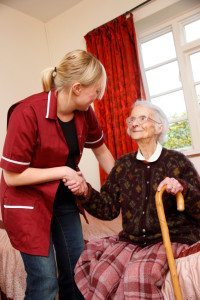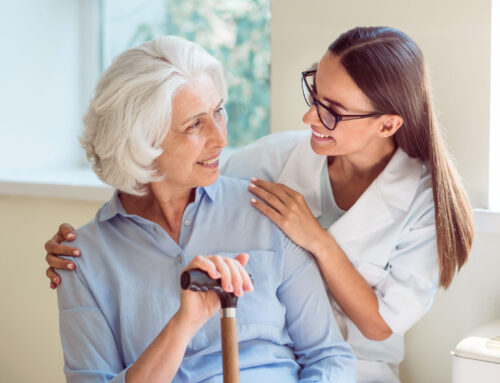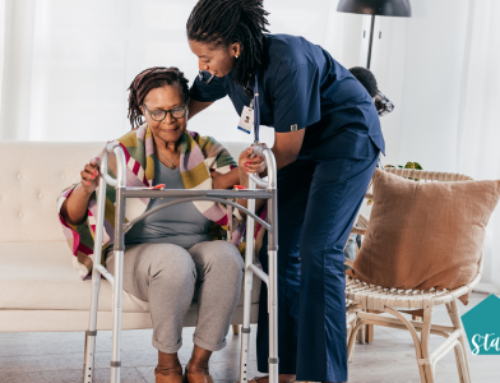With the aging population and busy work schedules, it is likely that more seniors will require care services in the coming years. Home care allows elders to stay in their own home environment while still getting additional help with daily tasks. Non-medical care may be needed even when the senior is relatively healthy and without medical issues.
What Is Non-Medical Home Care?
 Non-medical home care encompasses a variety of daily tasks that can be challenging for seniors in their own homes. Non-medical care may mean help with getting to the bathroom, dressing, preparing food, reminding about medication, transporting them to appointments, light cleaning and other household tasks. Often, non-medical care can mean interacting with the senior on a meaningful level to help keep them alert and engaged DisclaimersWhilst driving games has taken care in the preparation of the contents of this website, this website and the information, names, images, pictures, logos, icons regarding or relating to RED, or the products and services of the same (or to third party products and services), are provided on an “as is” basis without any representation or endorsement being made and without any warranty of any kind, whether express or implied, including but not limited to, any implied warranties of satisfactory quality, fitness for a particular purpose, non-infringement, compatibility, security and accuracy. in activities. The non-medical caregiver may play cards with the senior, engage them in conversation on favorite subjects and be a companion for shopping trips. Non-medical care helps to enrich the home environment and social circle of the elder.
Non-medical home care encompasses a variety of daily tasks that can be challenging for seniors in their own homes. Non-medical care may mean help with getting to the bathroom, dressing, preparing food, reminding about medication, transporting them to appointments, light cleaning and other household tasks. Often, non-medical care can mean interacting with the senior on a meaningful level to help keep them alert and engaged DisclaimersWhilst driving games has taken care in the preparation of the contents of this website, this website and the information, names, images, pictures, logos, icons regarding or relating to RED, or the products and services of the same (or to third party products and services), are provided on an “as is” basis without any representation or endorsement being made and without any warranty of any kind, whether express or implied, including but not limited to, any implied warranties of satisfactory quality, fitness for a particular purpose, non-infringement, compatibility, security and accuracy. in activities. The non-medical caregiver may play cards with the senior, engage them in conversation on favorite subjects and be a companion for shopping trips. Non-medical care helps to enrich the home environment and social circle of the elder.
What Caregivers Can’t Do
Non-medical caregivers do not provide any medical procedures for clients. They cannot administer medications, give injections for insulin or other drugs and cannot monitor vital signs, such as heart rate, blood pressure, blood sugar or other physical indicators. They cannot engage in any services that would be considered clinical or invasive. Strict legal requirements determine the limitations of medical and non-medical home caregivers.
How Non-Medical Home Care Helps
Primarily, the non-medical caregiver ensures that the normal physical care of the elderly person is consistent and adequate for his needs. A non-medical caregiver provides regular companionship for the elder and a ways to monitor the condition of the elder on a regular basis, outside of his regular medical care. Non-medical care companies generally provide updates on the status of the elder’s mental, social and physical condition so that family members can take action when needed. Non-medical caregivers can provide important social and mental stimulation that helps to keep seniors alert. A non-medical helper can also provide respite for other family caregivers so that they can spend some time on themselves.
Matching Caregivers With Seniors
Because non-medical companions come into the home and have close interaction with the elder, it is important to find a good mix of personalities. A good non-medical home care agency will work to find the right person to make your elder family member feel comfortable and secure.
For all of your Non-Medical Home Care needs in Mt. Laurel, NJ and the surrounding areas call and talk to us at Home to Stay Healthcare Solutions at either our Cherry Hill office at (856) 321-1500 OR our Red Bank office at (732) 820-9611.












